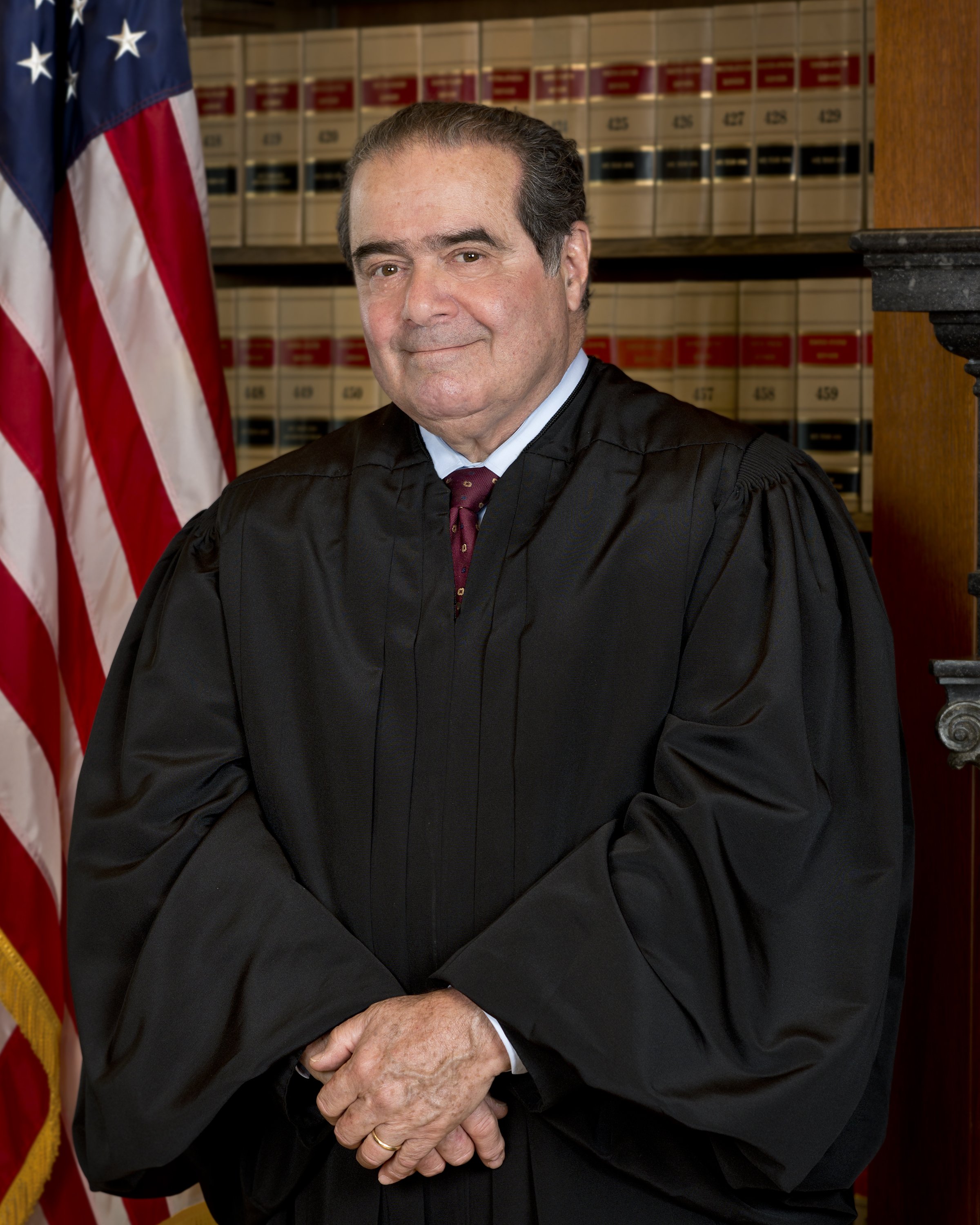Crawford v. Washington
Case Overview
CITATION
541 U.S. 36 (2004)
ARGUED ON
November 10, 2003
DECIDED ON
March 8, 2004
DECIDED BY
OVERRULED
Ohio v. Roberts (1980)
Legal Issue
Does playing out-of-court testimony to a jury without the chance for cross-examination violate a defendant’s Sixth Amendment right to confront witnesses against them?
Holding
Yes, the Confrontation Clause of the Sixth Amendment gives defendants the right to confront witnesses and cross-examine their testimony, including testimony gathered by the police.
Man being sworn in to testify in court | Credit: Adobe Stock Images
Background
On August 5, 1999, Michael Crawford stabbed a man named Kenneth Lee, whom he believed had attempted to rape his wife, Sylvia. Following the stabbing, both Crawford and his wife were read their Miranda rights and interrogated by police. During this interrogation, Sylvia provided a tape-recorded statement describing the events. Crawford was subsequently charged with assault and attempted murder. In his defense, Crawford claimed the act was in self-defense.
At trial, the prosecution sought to introduce Sylvia’s recorded statement as evidence against Crawford, even though she did not testify due to Washington's marital privilege laws, which generally prohibit a spouse from testifying without the other’s consent. Crawford challenged the admission of the tape, arguing it violated his Sixth Amendment right to confront the witnesses against him, as he had no opportunity to cross-examine Sylvia about her statement.
The trial court admitted the statement, considering it reliable enough under existing standards from Ohio v. Roberts (1980), which allowed admission of an unavailable witness’ statement if it had adequate “indicia of reliability” either through a “firmly rooted hearsay exception” or “particularized guarantees of trustworthiness.” The jury convicted Crawford based largely on the evidence from Sylvia’s statement.
Crawford appealed, and the Washington Court of Appeals reversed the conviction, questioning the reliability of Sylvia’s statements due to inconsistencies. However, the Washington Supreme Court reinstated the conviction, finding the statements reliable enough as they interlocked with Crawford’s version of events to a sufficient degree. The U.S. Supreme Court then granted certiorari.
Summary
Unanimous decision for Crawford
Crawford
Washington
Stevens
Breyer
Souter
O’Connor
Ginsburg
Scalia
Kennedy
Rehnquist
Thomas
Opinion of the Court
Writing for the Court, Justice Antonin Scalia explained that the Confrontation Clause was designed to prevent the use of ex parte examinations as evidence, a practice prevalent in the civil-law tradition but fundamentally at odds with common-law principles. He noted that the Framers intended to ensure that the accused would have the opportunity to cross-examine witnesses, asserting, “[t]he Sixth Amendment demands what the common law required: unavailability and a prior opportunity for cross-examination.”
Scalia critiqued the Court’s ruling in Ohio v. Roberts (1980), which allowed the admission of hearsay statements if they bore “adequate indicia of reliability,” such as falling within a firmly rooted hearsay exception or having particularized guarantees of trustworthiness. He argued that this standard was too broad and unpredictable, permitting judges to admit statements based on subjective assessments of reliability rather than the clear requirement of confrontation through cross-examination.
Scalia underscored the importance of cross-examination as a method to assess the reliability of evidence, stating, “[d]ispensing with confrontation because testimony is obviously reliable is akin to dispensing with jury trial because a defendant is obviously guilty. This is not what the Sixth Amendment prescribes.” Scalia insisted that the Constitution requires witnesses to be confronted with the accused in court, where their testimony can be tested by cross-examination.
Scalia concluded that the State's use of Sylvia’s statement violated Crawford’s Sixth Amendment rights because it was testimonial in nature and Crawford had no opportunity to cross-examine her. The Court reversed the Washington Supreme Court’s decision, emphasizing that testimonial statements from absent witnesses can only be admitted if the witness is unavailable and the defendant had a prior opportunity for cross-examination. This ruling reinforced the principle that the reliability of evidence must be tested in the “crucible of cross-examination.”
Concurring Opinion by Chief Justice Rehnquist
In his concurring opinion, Chief Justice William Rehnquist concurred in the judgment but disagreed with the majority’s approach to the Confrontation Clause and decision to overrule the Court’s ruling in Ohio v. Roberts. Rehnquist expressed concerns that the Court’s decision to reject the reliability test established in Roberts would lead to uncertainty and confusion in the lower courts.
Rehnquist emphasized that the Confrontation Clause should not be interpreted in a way that disregards well-established hearsay exceptions that have historically been deemed reliable. He argued that the Court’s new categorical rule, which requires prior cross-examination for all testimonial statements, was too rigid and failed to consider the complexities of modern criminal justice. Rehnquist stated, “[t]he Court replaces a longstanding and functional framework with a new, untested rule that risks undermining the reliability of the judicial process.”
Rehnquist pointed out that the reliability test from Roberts allowed for flexibility and judicial discretion, which he believed was necessary to account for the diverse nature of hearsay evidence. He expressed concern that the new rule would exclude reliable evidence that traditionally fell within firmly rooted hearsay exceptions. Rehnquist also criticized the majority for not providing clear guidance on what constitutes a “testimonial” statement, which he believed would lead to inconsistent applications of the rule. He argued that the Court should have refined and clarified the Roberts test rather than abandoning it altogether.
Overall, Rehnquist argued for a more nuanced approach that would maintain the flexibility and reliability of the judicial process while still protecting defendants’ rights under the Confrontation Clause.









